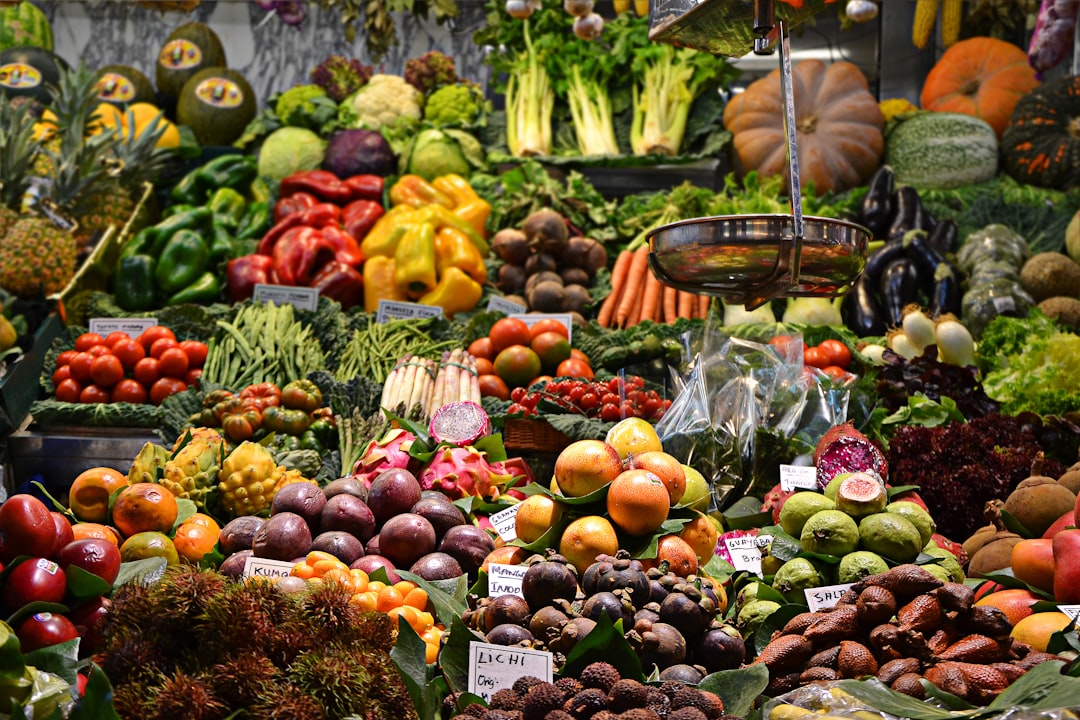Climate change is arguably one of the biggest issues of our time, and its devastating effects are becoming increasingly evident every day. We’ve watched as severe wildfires ravaged Australia, deadly floods submerged Bangladesh, and catastrophic droughts starved inhabitants in the African Sahel. We are destroying our planet so fast that we may be headed towards the sixth mass extinction. Many people already recognize the environmental crisis, but they struggle to alter their lifestyles to minimize their environmental impacts.
One of the most common changes people make is in their food habits, either by going vegan or just by bringing a reusable bag to the grocery store. Making more informed choices regarding food is definitely a step in the right direction, but is it the most effective way of fighting climate change?
Meat Consumption
The impacts of meat consumption are often brought up in the discussion about climate change and food. The meat industry undoubtedly has a multitude of detrimental environmental impacts: consider the resources required to nourish livestock, carbon emissions for their transport, methane emissions from their waste, and so on.
That being said, you do not have to completely eliminate meat from your diet to reduce your carbon footprint. Simply reducing your meat consumption to one serving of meat per week can drastically make a difference to your personal environmental impact. Alternatively, going vegetarian just one day per week can save greenhouse gas emissions equivalent to driving 1,160 miles.
Removing specific types of meat from your diet can also make a considerable difference. Beef production is one of the biggest contributors to greenhouse gas emissions, requiring 20 times the land and releasing 20 times the emissions compared to the production of beans. Even just replacing beef with chicken on your plate can cut your carbon emissions in half!
However, the impacts of meat on the overall environmental situation may not be as severe as portrayed. Animal agriculture is responsible for 13-18% of human greenhouse gas emissions, which is a significant, but not enormous, percentage. This is not to say that the environmental damage of animal produce is low, just that consumption of animal products is not the primary contributor to climate change.
Food Miles
The distance that food needs to travel from its source to your plate also contributes to carbon emissions. There’s a term for it: food miles. Not only does the distance that something travels contribute to the amount of carbon emissions, but the method of transportation is also a significant factor. The worst mode of transport by far is via airplane, which generates 100 times more carbon emissions than freight. The easiest thing you can do is buy local at your farmer’s market. If you want to go one step further, try starting up a small garden on your balcony or yard.
To put things into perspective, food transport contributes to one-seventh of the amount of greenhouse gas emissions as dairy, meat, and egg production. This suggests that changing what you consume is still more important than reducing your food miles.
#SpoonTip: Look into getting CSA boxes! This is a monthly subscription to fresh, locally-grown produce that gets delivered straight to your doorstep.
Food Waste
Food waste damages the environment in a surprising number of ways; it takes up space in a landfill and requires both natural and human resources to produce the food to begin with. It often isn’t discussed as a major contributor to climate change, but it generates 3.3 billion tons of greenhouse gases annually. In fact, if food waste was a country, it would be the third largest emitter of greenhouse gases.
The majority of food waste actually occurs before the food gets to the table. Worldwide, about 54% of food is thrown away in the supply chain. The simplest thing you can do to reduce food waste is to only buy food you know you will use. Prepare a shopping list before you go to the grocery store, keep track of expiration dates, eat leftovers, and keep portions reasonable.
#SpoonTip: Look into purchasing ‘ugly food’, perfectly fine produce that looks too odd to be sold.
There are plenty of small changes you can make to your dietary choices to live a greener life. Start slowly by being conscious of climate change when making decisions. Be the person who is willing to make sacrifices and take action to improve the world — it’s easier than you think.





